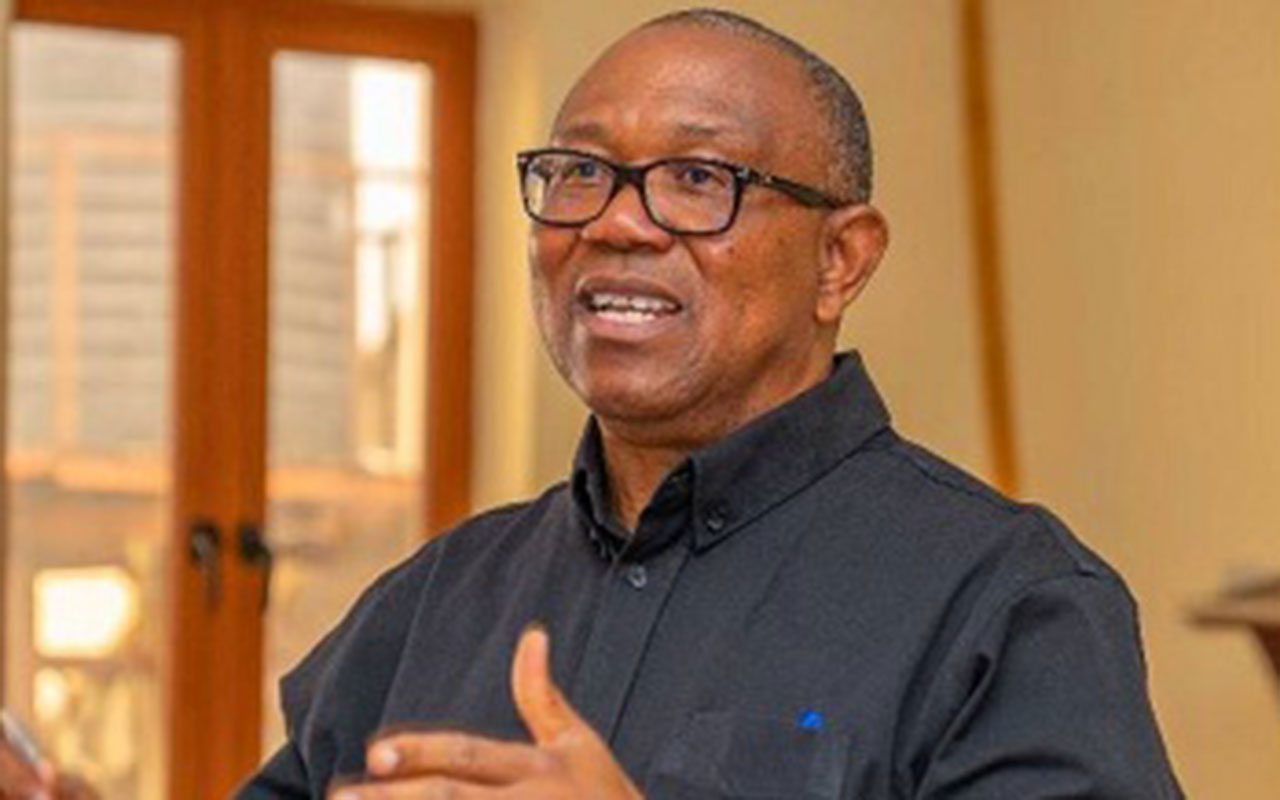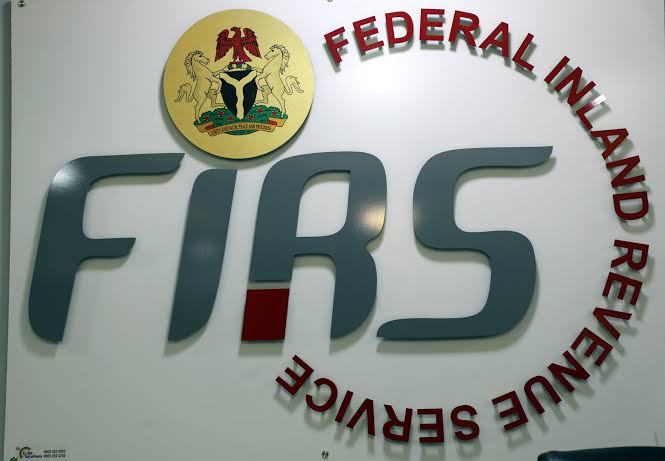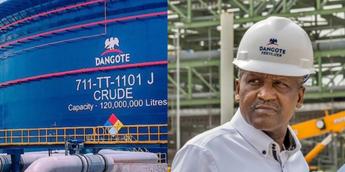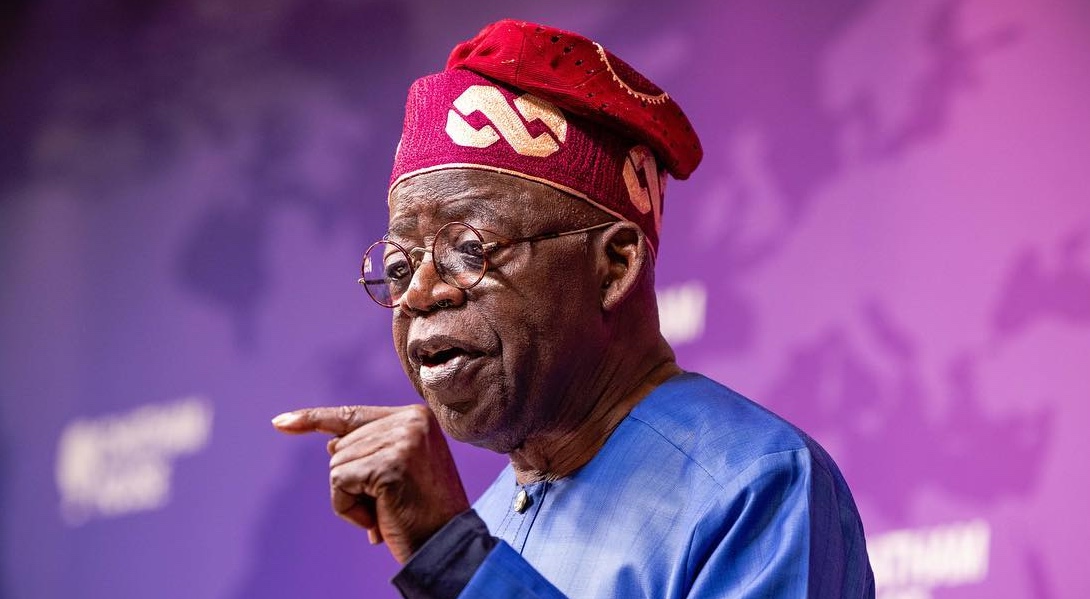Peter Obi, the presidential candidate of the Labour Party in the 2023 election, has called on the Nigerian government to address growing concerns about interest rates and reverse key monetary policies.
In a statement posted on his X handle, Obi highlighted the detrimental impact of the Central Bank of Nigeria’s (CBN) interest rate hikes on the economy, echoing sentiments recently expressed by Aliko Dangote, President of Dangote Group Industries Ltd.
Earlier this week, Dangote criticized the apex bank’s monetary policy decisions, arguing that interest rate hikes stifle productivity. Obi supported this stance, noting that the increases, which have pushed interest rates on loans above 30 percent, make it exceedingly difficult for manufacturers and Micro, Small, and Medium Enterprises (MSMEs) to borrow and repay loans.
“If Dangote, the richest person in Africa and foremost industrialist, can complain, then imagine the negative impacts of these policies on MSMEs who are the engine of economic growth,” Obi stated.
He referenced a recent report from the Manufacturing Association of Nigeria (MAN), revealing that in 2023, 767 companies shut down and 335 became distressed. The report also indicated a decline in capacity utilization to 56 percent, an effective interest rate above 30 percent, and an increase in the inventory of unsold finished products to N350 billion. Additionally, the real growth rate has dropped to 2.4 percent.
Obi emphasized that these harsh economic policies are slowing down economic growth, driving multinationals out of the country, stifling small businesses, and discouraging foreign direct investment.
“We must urgently reverse this ugly trend which is resulting in further job losses, discouraging production in our nation, and hindering our movement from consumption to production. We need to reverse course and only initiate policies that can lead to growth and the birth of a new Nigeria,” he said.
Since the beginning of the year, the CBN has increased interest rates by a total of 750 basis points across three consecutive Monetary Policy Committee (MPC) meetings. Interest rates have risen from 18.75 percent to 26.25 percent, with the central bank maintaining that high rates are necessary to curb inflation.
However, some experts have expressed doubts about the effectiveness of these rate hikes in controlling inflation, arguing that they harm the real economy by increasing the cost of capital.
Speaking at a three-day summit in Abuja organized by the Manufacturers Association of Nigeria (MAN), Dangote criticized the CBN’s high interest rates for stifling economic growth and job creation in the country.
“Mr. Vice President, today we are battling with very high interest rates. This interest rate is now saying that we should fight inflation. I’m not an economist, I’m just a local businessman. The other countries, why did they jack up interest rates? Because during COVID-19, the G7 countries pumped money into their economies to the tune of $18.9 trillion. So, in their economies, there was so much money chasing few goods. This means that everything is going to go up,” he explained.
“During COVID, we didn’t do anything at all. The only thing we did was food palliative, and I’m talking about Africa in general. Right now, at 30 percent, there is no way anybody can create jobs because we are actually stifling growth. So, the interest rate can remain at 30 percent, but no growth will happen unless that interest rate comes down,” he added.
Obi’s call for a policy reversal and Dangote’s critique of current monetary policies underscore the urgency for the Nigerian government to reassess its economic strategy in order to foster growth and stability.






